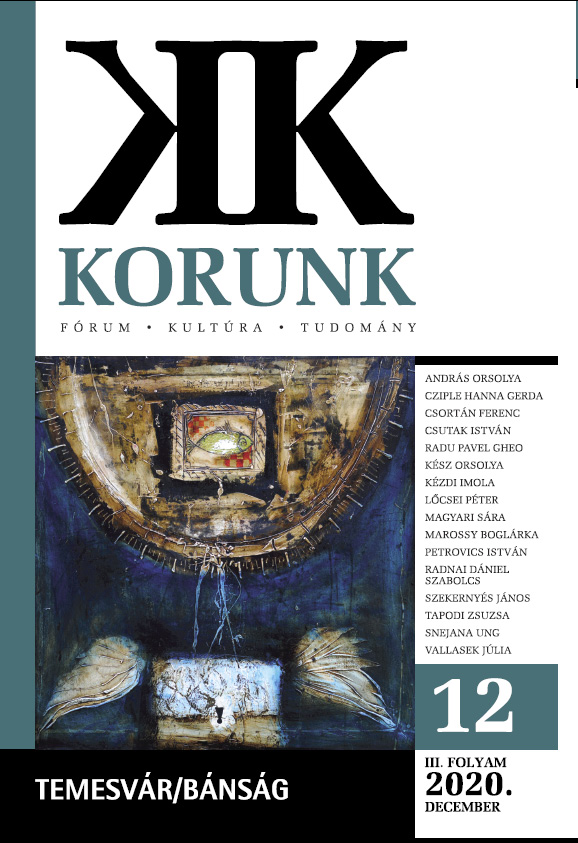A határmenti falu: út a transznacionalizmus felé
The Border Village: a Path to Transnationalism
Author(s): Snejana UngSubject(s): Romanian Literature
Published by: Korunk Baráti Társaság
Keywords: rural periphery; transnationalism; closed/open borders; migration; Communism
Summary/Abstract: Drawing on spatial theory and border studies, the article tackles the representation of the border village in two Romanian novels — Femeia în roşu (1990) and Noapte bună, copii! (2010). Starting from the assumption that spatiality is more than background, the author argues that the manner in which the two villages are depicted insists mainly on their border position and that herein the border is perceived as junction rather than as barrier. The first part of the text focuses on the particularities of the rural periphery, such as the proximity to Yugoslavia, the closed/open border, its materiality, and the dependency on larger settlements. The second part explores the significance of a specific peculiarity, namely the open border. Far from being a mere metaphor, the path to transnationalism opened up by proximity to Yugoslavia develops into a concentric mapping that goes from the rural periphery to the United States of America via Yugoslavia.
Journal: Korunk
- Issue Year: 2020
- Issue No: 12
- Page Range: 70-78
- Page Count: 9
- Language: Hungarian

